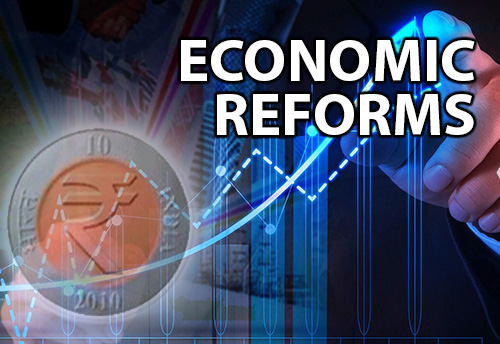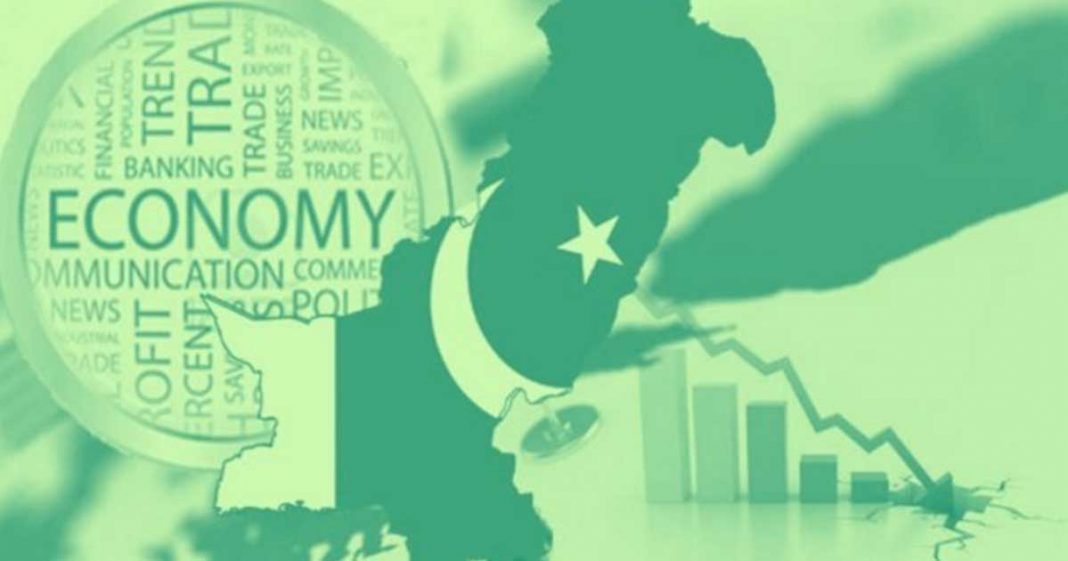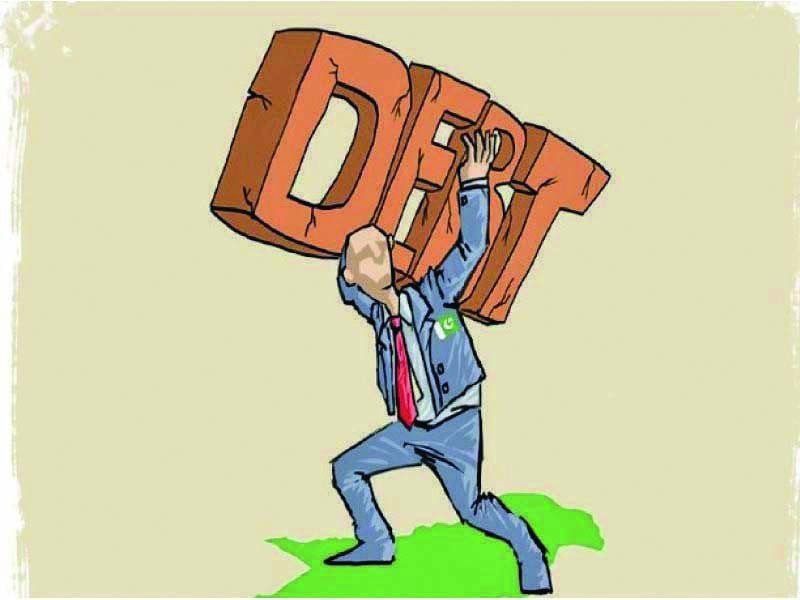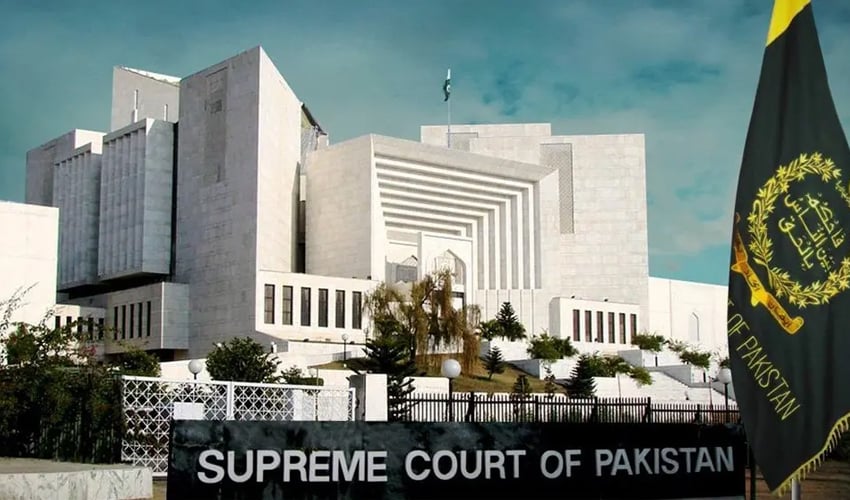Editorial
The enactment of a new defamation law by the Punjab government has sparked widespread criticism from the media and civil society, leading to the Pakistan People’s Party (PPP), a quasi-partner of the ruling Pakistan Muslim League-Nawaz (PML-N), attempting to distance itself from the controversial legislation.
During a press conference, Syed Hassan Murtaza, the party’s central Punjab general secretary, asserted that the PPP had not been consulted about the bill before its introduction in the provincial assembly, and most of its members were absent when it was tabled.
Critics have raised questions about the party’s collective absence, suggesting that its current disavowal of the law is merely for show. However, Murtaza firmly announced that the PPP, driven by its unwavering commitment to protect freedom of speech, would challenge the law in court after receiving a directive from its high command.
The law, aimed at regulating traditional and social media, has already been contested in the Sindh High Court and the Lahore High Court by two journalists on the grounds that it violates fundamental rights guaranteed by the Constitution and the right to a fair trial in every case. Media organizations have also strongly opposed what they see as an overt attempt to stifle dissenting voices, raising significant concerns about the potential threats to freedom of speech and press. While concerns about the spread of fake news on social media have been expressed, the existing defamation law is deemed sufficient to address any damage to an individual’s reputation.
The motivation behind the law appears to be linked to the political narrative of the main opposition party, particularly in the realm of social media. While the dissemination of damaging propaganda on social media has raised concerns, as evidenced during the 2016 US presidential election, the focus should be on protecting freedom of expression, a fundamental pillar of democracy, rather than curtailing it.
It is vital to remember that in a functioning democracy, freedom of speech and the press is safeguarded, and restrictions on social media users are not imposed solely based on political influence. The PPP is expected to take a firm and unequivocal stance on this contentious piece of legislation, while the ruling PML-N is urged to prioritize policies that benefit the populace and uphold democratic values. It is hoped that the government will reconsider the Defamation Act and address the widespread perception of it being a repressive piece of legislation.

















































